 The following is an excerpt from a piece I wrote this past week for the Guardian CiF, to read the full text, click the link below:
The following is an excerpt from a piece I wrote this past week for the Guardian CiF, to read the full text, click the link below:
The media have recycled the same headlines following Dutch elections for about a decade now, and similar observations are regularly trumpeted in international newspapers. Part of me thinks they actually just run the same articles, updating the picture, changing a few names, and maybe touching up a few percentage points. The political landscape is changing in the Netherlands, it is true. “How could this happen in this bastion of a liberal democracy?” commentators ask in an accusing tone.
I shall go against the international headlines and some of the Dutch media when I say to you, please remain calm. This sudden explosion of intolerance and fragmented politics is nothing new; we have been reading about it for decades. The myth maintained by international media outlets and perhaps the Dutch bureau of tourism, which parrots the Netherlands as an open-minded leftwing paradise, has long kept a smoke screen over the well-established and not always tolerant tradition of smaller parties, extremist or moderate, left or right, which rise up suddenly, gain power and occasionally disappear into obscurity as fast as they came.
The international press summed up the results of yesterday’s Dutch legislative elections as a major victory for the far-right, anti-Islam and ironically named Freedom Party (PVV). They are also quick to point to the two cities (out of the entire country!) where the PVV managed to top the polls in local elections. But while The Hague, where the PVV is now the second-largest party, is certainly a city of international and national importance, gaining control of it, along with the little-known city of Almere, does not equal an electoral sweep.
The PVV’s sporadic success is significant not so much because of the small number of votes they won, but because of the xenophobic, nationalist rhetoric that has managed to get them votes. While this development grabs the headlines, several Dutch political parties on both the centre and the left have made just as many – if not more – gains. In the cities of Utrecht and Nijmegen, the Green-Left party (GroenLinks) gained enough to become the largest party. The more moderate D66 party made the biggest gains nationwide, becoming the largest party in Leiden, Haarlem, and Hilversum. The socially progressive and fiscally conservative party’s success was far greater than that of the PVV, but since they don’t say controversial things about the Muslim faith or try to convince people that the country is being taken over, they’re just not as fun for the front page.
[read full text]
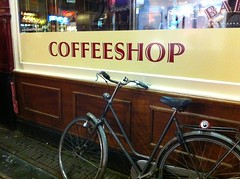

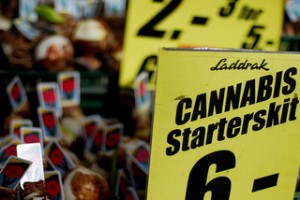
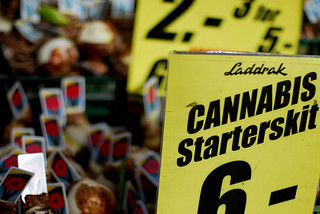
 In an effort to save money and increase productivity, Portugal is getting rid of some holidays that people don’t really celebrate anymore. Among the obsolete days of non-work, the day the nation dumped the monarchy and became a republic,
In an effort to save money and increase productivity, Portugal is getting rid of some holidays that people don’t really celebrate anymore. Among the obsolete days of non-work, the day the nation dumped the monarchy and became a republic, 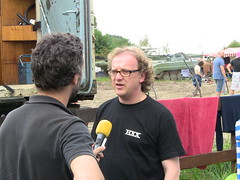
 The following is an excerpt from a piece I wrote this past week for
The following is an excerpt from a piece I wrote this past week for 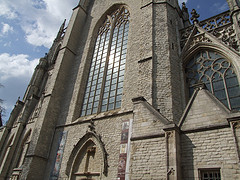
 Two Dutch municipalities decided last year that all their coffeeshops must be closed down. While in other cities, like nearby Breda, city governments have no intention of going back to the days of street dealing in back alleys and dark corners. Selçuk Akinci is a
Two Dutch municipalities decided last year that all their coffeeshops must be closed down. While in other cities, like nearby Breda, city governments have no intention of going back to the days of street dealing in back alleys and dark corners. Selçuk Akinci is a